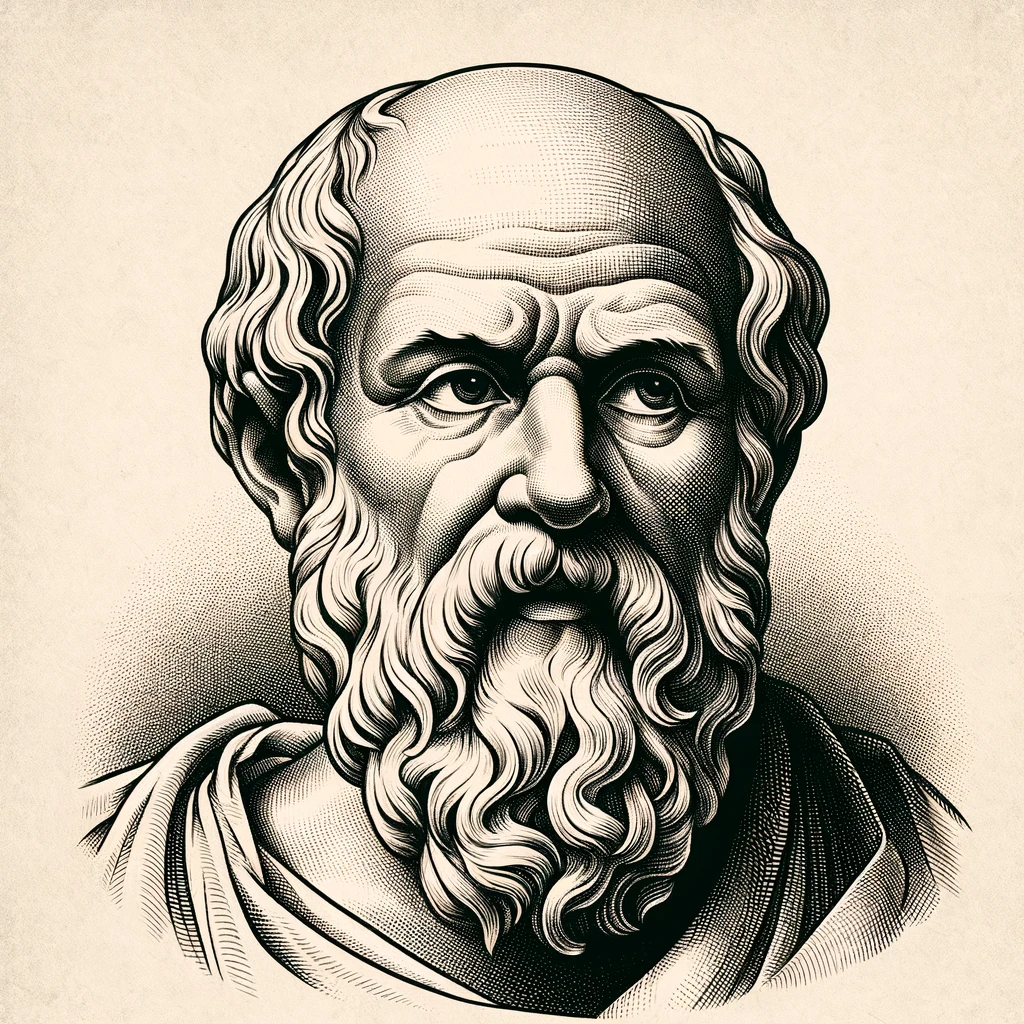Dive into the fascinating realm of the philosophy of mind, exploring the nature of consciousness, perception, and the perplexing mind-body problem. Discover how asking profound questions about the mind is crucial in understanding our world and its connection to current events. Explore different philosophical perspectives, develop critical thinking skills, and unravel the mysteries of human cognition.
In a rapidly evolving world driven by technological advancements, artificial intelligence, and the quest for deeper self-understanding, the philosophy of mind has gained increasing significance. This branch of philosophy delves into the enigmatic nature of the mind, consciousness, perception, and the profound mind-body problem. By asking fundamental questions and examining various philosophical perspectives, we can unravel the mysteries of human cognition and gain valuable insights into the nature of reality.
In the age of advanced technology and artificial intelligence, questions surrounding the mind have become more relevant than ever. As we witness breakthroughs in neuroscientific research, the development of intelligent machines, and ethical dilemmas arising from these advancements, understanding the nature of the mind and consciousness becomes crucial. Exploring the philosophy of mind allows us to reflect on the implications of emerging technologies, ethical concerns, and our relationship with the digital world.
Importance of Asking Questions:
Asking deep philosophical questions about the mind challenges our preconceptions and stimulates critical thinking. By examining the nature of consciousness, perception, and the mind-body problem, we gain a deeper understanding of ourselves and the world around us. It encourages us to question our assumptions, biases, and societal constructs, fostering intellectual growth and promoting open-mindedness.
Philosophical Perspectives:
Within the philosophy of mind, various perspectives have emerged, each offering unique insights into the mysteries of human cognition. From dualism to materialism, functionalism to panpsychism, each perspective presents different answers and raises further questions about the nature of the mind and its relationship to the body and the external world. Engaging with these perspectives helps us develop critical thinking skills and broadens our intellectual horizons.
Enhancing Critical Thinking:
Studying the philosophy of mind cultivates critical thinking skills essential for navigating complex issues in today’s world. It encourages us to analyze arguments, assess evidence, and evaluate competing theories. By examining our own thought processes, biases, and assumptions, we become better equipped to make informed decisions, engage in meaningful discussions, and approach real-world challenges with intellectual rigor.
The philosophy of mind serves as a gateway to explore profound questions about human cognition, consciousness, and perception. By embracing curiosity and critical thinking, we can unravel the mysteries of the mind and gain valuable insights into the nature of reality. In an era marked by technological advancements and ethical dilemmas, engaging with this discipline becomes not only intellectually stimulating but also necessary to navigate the complexities of our modern world.
Exploring the philosophy of mind encourages us to question the nature of reality, our place in the universe, and the boundaries of human knowledge, sparking intellectual curiosity and nurturing a deeper appreciation for the intricacies of our cognitive abilities.









